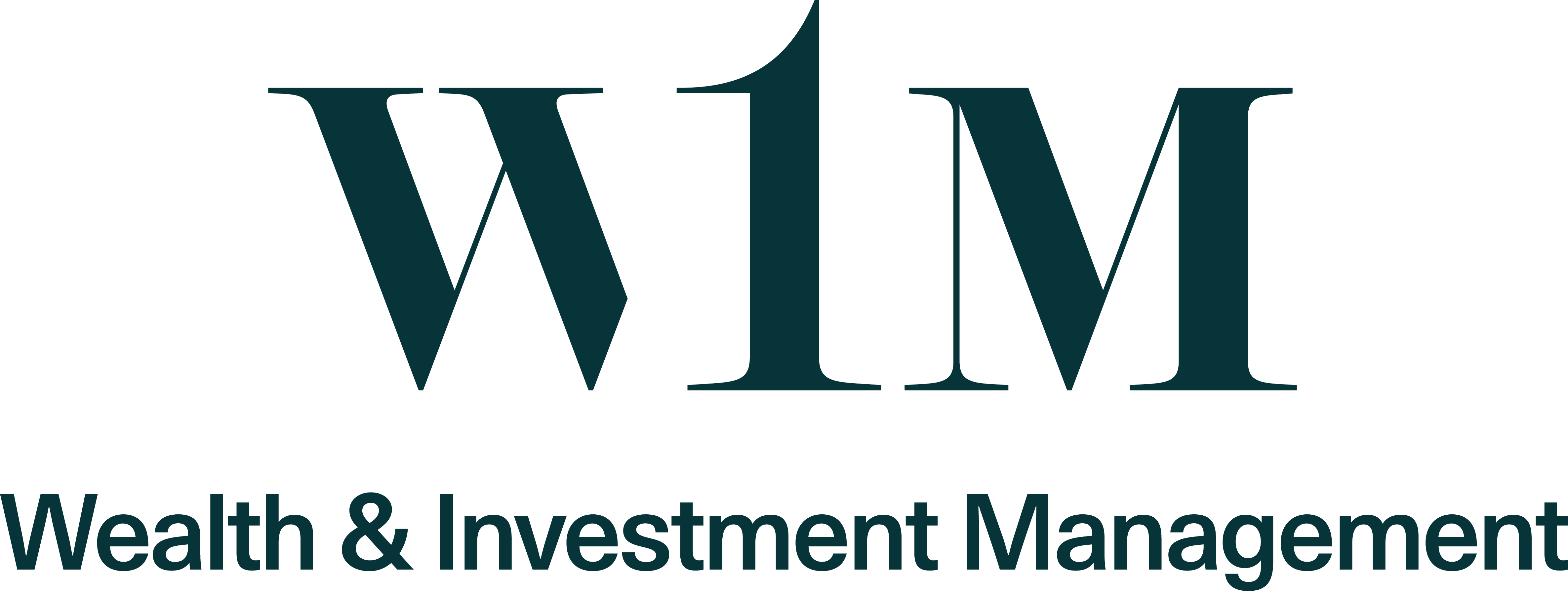By Madaline Keros, FAWCO UN Representative in Geneva
Human rights is one of FAWCO’s core, four pillars. In the issue of migration, human rights violations and protection of migrants’ and refugees’ rights is a spotlight issue as the international community struggles with appropriately handling it. The Internal Displacement Monitoring Center asserts that about 60 million people were on the move in 2015. Forced to flee their homes, communities and countries—often due to climate change, poverty or political instability—women, children and unaccompanied minors remain the most vulnerable to human rights abuses such as human trafficking and gender-based violence.
Signed and agreed to by all 193 UN Member States in September 2016, the New York Declaration on Refugees and Migrants represents a landmark, comprehensive framework of measures to protect and respect the rights of refugees and migrants. The UN High Commission of Refugees (UNHCR) and other UN agencies as well as Member States and civil society organizations work together in order to implement these measures. The Declaration features the Comprehensive Refugee Response (CRR) which sets forth implementation guidelines using experience that UN agencies and civil society organizations have gained in refugee protection, response and resettlement for the past 65 years.
What differentiates the New York Declaration from earlier responses to refugee crises (e.g. immediately following World Wars I and II) is its focus on seeking the input, experience and on-the-ground cooperation of multiple international, national, municipal and civil society actors. In so doing, it goes beyond the traditional humanitarian response (often underfunded and limited in scope) to implement a more comprehensive approach that can effectively address the economic, political, human rights and social challenges which migration presents not only to migrants and refugees but also to countries of origin and destination.
The Human Rights Council dedicated a full-day session on migration and human rights on March 10, 2017 in Geneva. In the morning, in Room XX of the Palais des Nations, Member States and civil society organizations were each given two minutes to read aloud their official statements before a panel comprised of directors from the Office of the High Commission for Refugees (OHCHR), the International Organization for Migration (IOM) the International Labor Organization (ILO), the UN International Emergency Children’s Fund (UNICEF), the World Health Organization (WHO) and the permanent representative of Mexico to the UN. In the afternoon Member States and civil society organizations engaged in a general debate concerning issues raised.
In their statements, Member States and organizations reiterated a commitment to the New York Declaration, urged more shared responsibility in implementation and posed questions or made proposals to the panel. Reoccurring themes from speakers included: the gender dimension of migration, the protection of at-risk migrants and refugees, namely women, children, unaccompanied minors and the elderly, the need to more robustly and effectively address the root causes of migration (e.g. climate change, poverty and political instability), the co-responsibility of Member States in implementation and the call for safe, orderly and legal migration. States such as Thailand, Gabon and Morocco explained that building working partnerships with UN agencies such as IOM and UNHCR has enabled them to better implement the Declaration's measures. Greece, Italy and Cuba took the opportunity to describe in detail the impact that massive migration to their countries has had and the hardships they face and to energetically promote the mandate of shared responsibility from other countries.
Sierra Leone was the only Member State to enthusiastically call for a more aggressive response to the unbridled human trafficking involved in forced migration and asked panelists, “Why aren’t we breaking these smuggler chains?”. Human trafficking, especially of women and girls is an extensive, pernicious “trade", especially in Africa, Latin America and Asia. FAWCO has been active in combatting it through its 2013-2016 Target Project that offered generous financial support to the civil society organization, "Free the Girls”, which provides professional training to survivors of sex trafficking. In this way, FAWCO contributed to stopping a vicious side of migration that victimizes women and girls.


